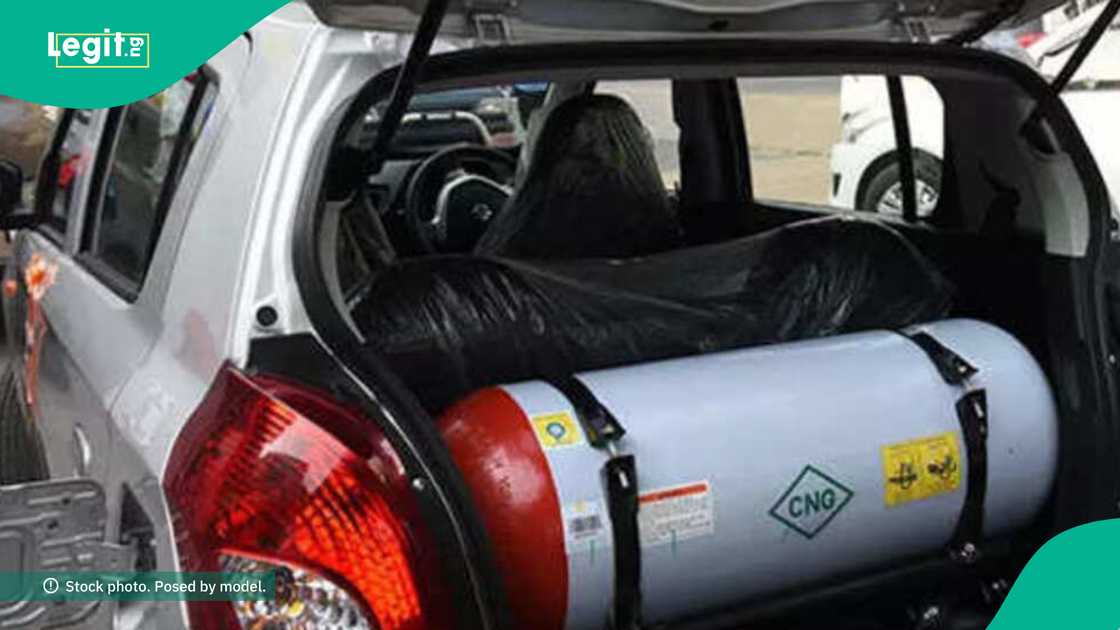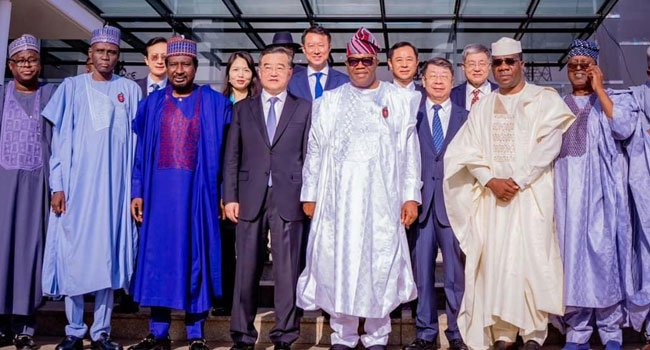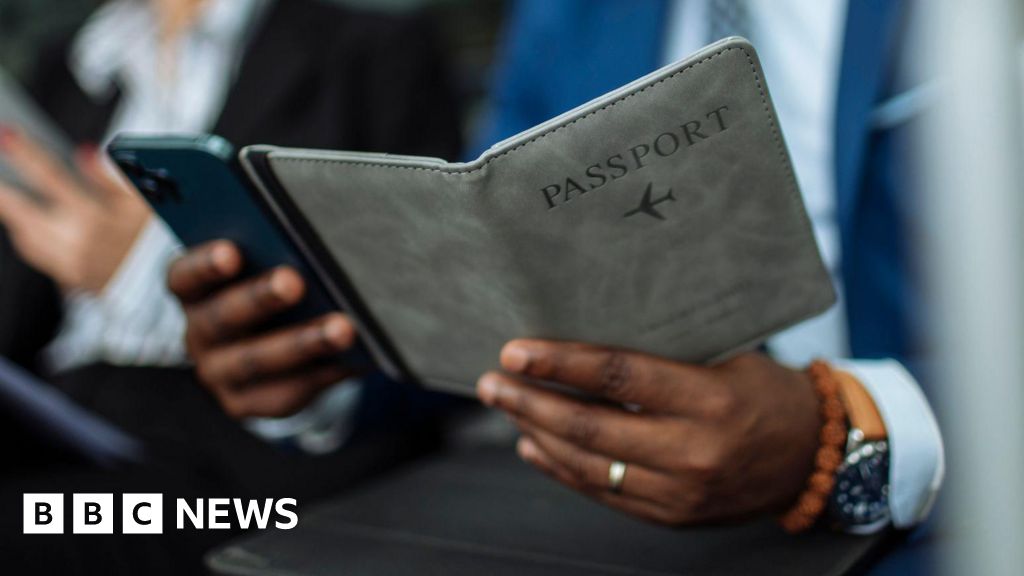- The Nigerian government’s push for the utilisation of CNG as a cheaper and cleaner alternative to fuel
- This is as the CNG initiative has, in recent months, gained traction as many motorists continue to convert their cars
- However, many Nigerians have described the difficulty in getting their cars refilled as ‘moving from pan to fire
Legit.ng journalist Zainab Iwayemi has 5-year-experience covering the Economy, Technology, and Capital Market.
The shortage of sufficient filling stations is undermining the Nigerian government's efforts to promote the use of compressed natural gas (CNG) as a less expensive and cleaner fuel substitute.

Source: UGC
Due to the high cost of petrol in the nation, many drivers are continuing to convert their vehicles, which has led to the CNG movement gaining momentum in recent months.
BuisnessDay reported that the challenge of getting their cars refilled, however, has been compared by many Nigerians to "moving from pan to fire."
Aisha Umar, an Abuja resident, said,
“You will not believe that I have been making efforts to refill my car for the past four days, but there is no gas in the station close to me at Durumi, Abuja, except I drive to Airport Road.” “How can the government be pushing people to convert their cars without adequate preparation on how these cars will be refilled? We are having conversion centres everywhere but no refilling station.”FG launched filling station not sufficient
Six refuelling stations were put into service by the federal government in July 2024 to cater to Abuja inhabitants. Others in Lagos State were also commissioned.
However, because drivers must travel great distances to reach these stations, they are no longer sufficient. CNG fueling stations are not available in some places.
Due to the lack of CNG stations, Henry Orji, a businessman at Abuja's Gudu Market, said he has gone back to using gasoline to power his vehicle
“Refilling my car with CNG is really cheap compared to fuel and I can tell you that I have saved some amount since I started using it. But getting it to buy is not as convenient as fuel. We have just this station here serving the whole of these areas,” Orji said.According to BusinessDay's research, many Nigerians are deterred by the exorbitant cost of conversion. Depending on the vehicle's size, conversion costs now range from N600,000 to N1,200,000.
However, Michael Oluwagbemi, the Presidential Compressed Natural Gas Initiative (PCNGI) program coordinator, assured that the government was working on credit facilities that could lower the cost of conversion and that the private sector is now offering a variety of products to make CNG conversion affordable.
A collaboration agreement was recently inked by the Presidential Compressed Natural Gas Initiative (PCNGI) and the Nigerian Consumer Credit Corporation (CREDICORP) to establish a N10 billion Credit Access for Light and Mobility (CALM) fund.
FG speaks as Malaysia Bans CNG vehicle
Legit.ng reported that the Malaysian government’s decision to phase out compressed natural gas (CNG) vehicles has elicited strong responses in Nigeria as the country continues to push for a switch to CNG as a more affordable and cleaner alternative to petrol.
An earlier report said that Malaysia’s transport minister, Loke Siew, announced different measures to phase out CNG use for vehicles amid safety concerns.
The minister disclosed that CNG-powered cars can no longer be registered, effective July 1, 2025.
PAY ATTENTION: Сheck out news that is picked exactly for YOU ➡️ find the “Recommended for you” block on the home page and enjoy!
Source: Legit.ng
















 English (US) ·
English (US) ·